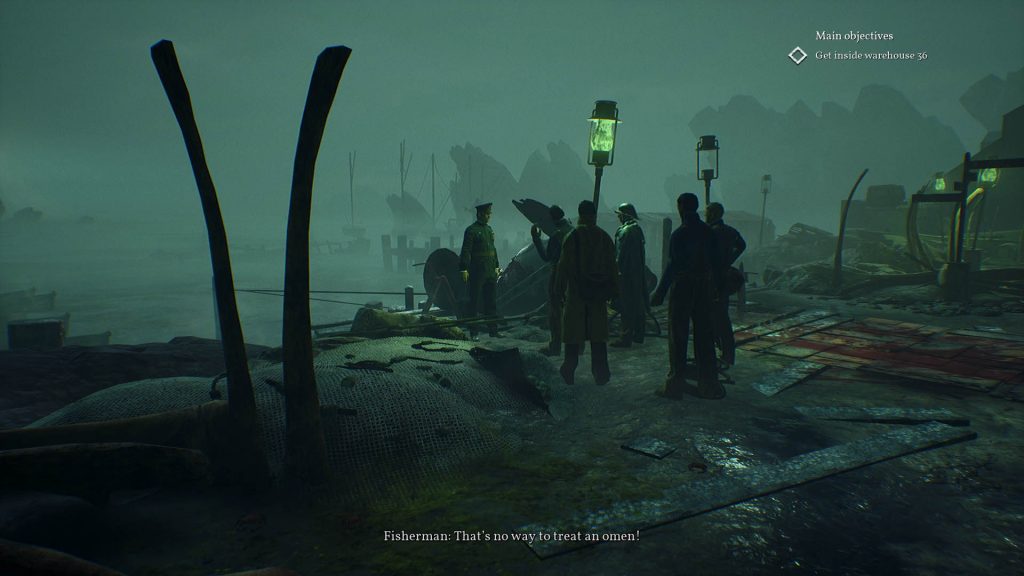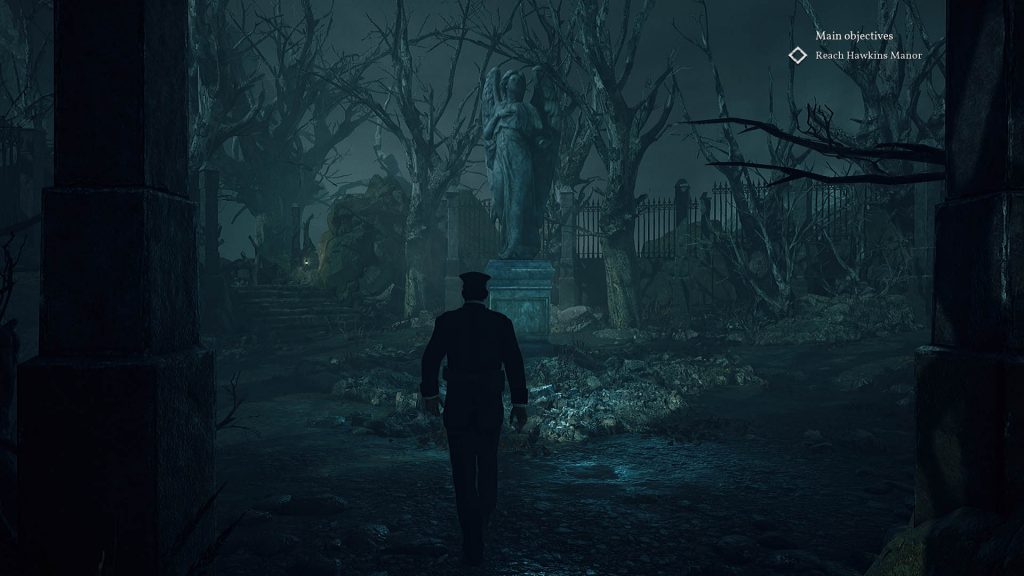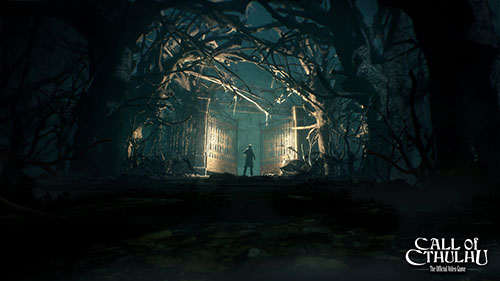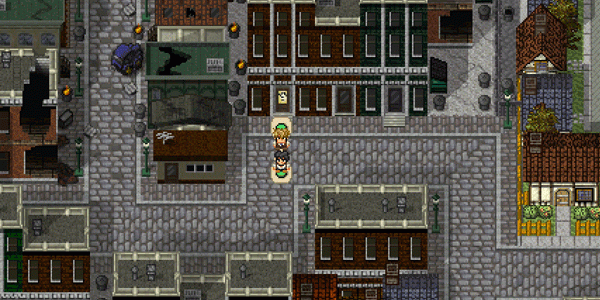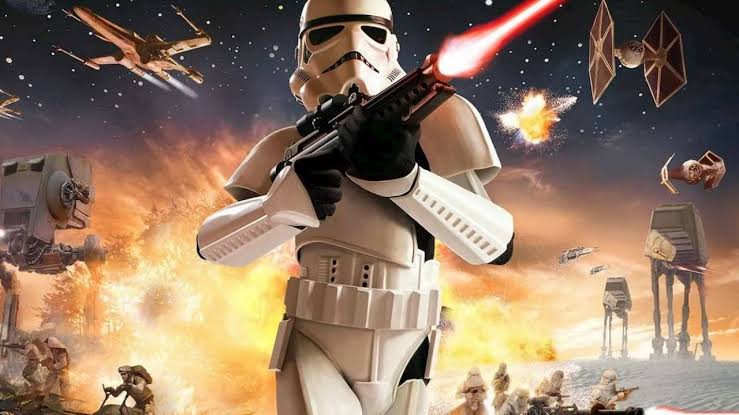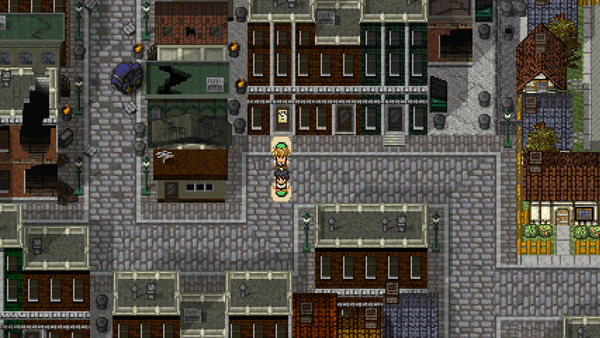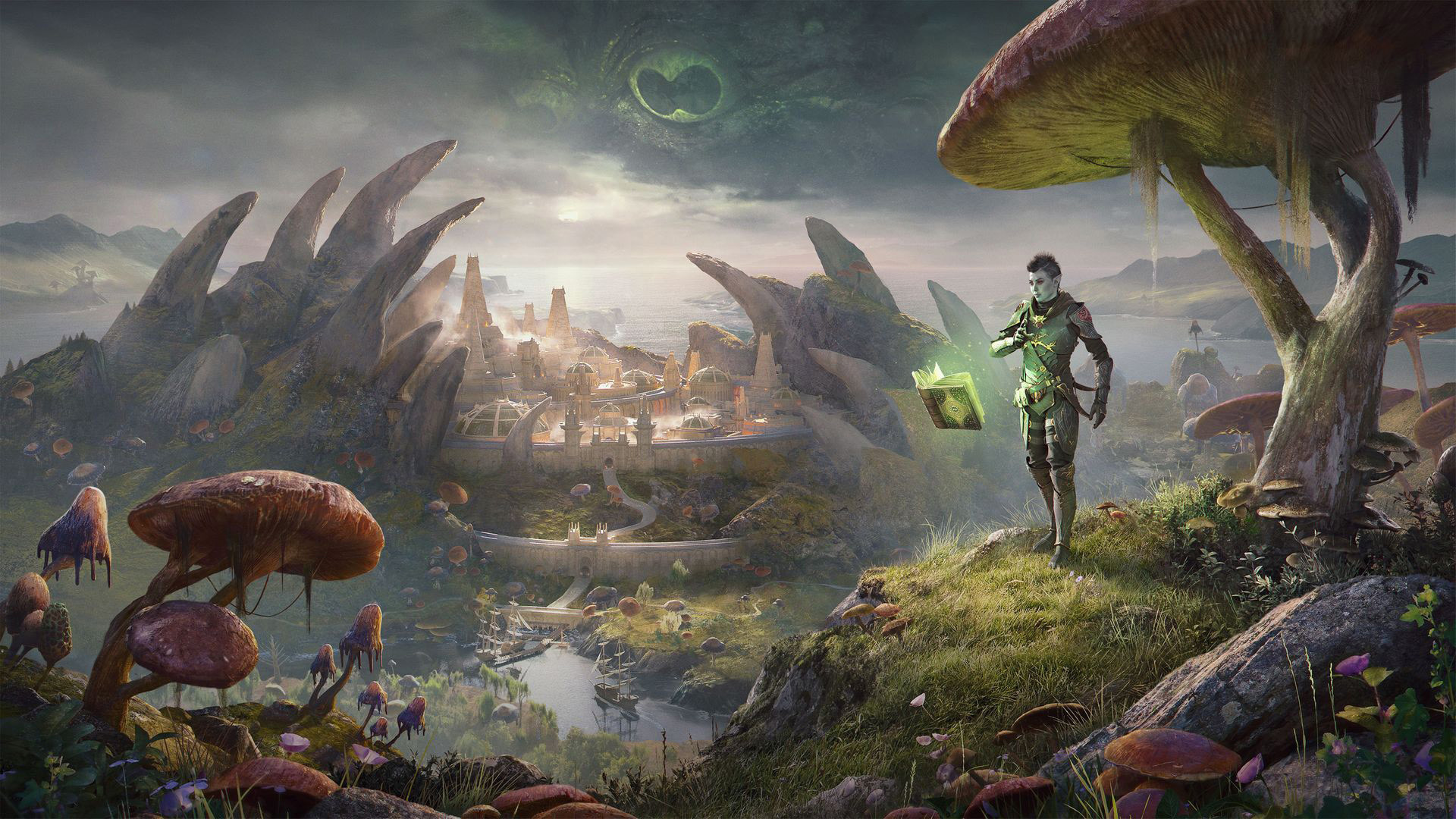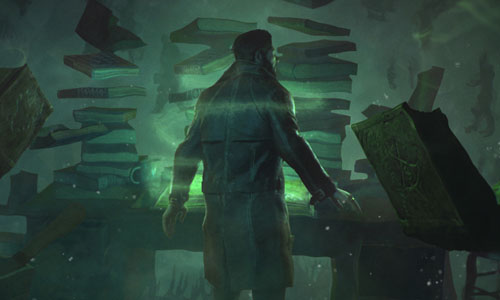
Call of Cthulhu: The Official Video Game is ‘official’ in a few aspects – it not only adapts elements of H.P. Lovecraft’s seminal short story, but is also a licensed translation of Chaosium’s 1981 pen-and-paper RPG. However, it also doesn’t hurt to have that official moniker in a sea of games inspired by Lovecraft which have popped up in the last two decades. From Alone in the Dark to Eternal Darkness to Bloodborne to even Sherlock Holmes, there’s no shortage of Cthulhu-inspired horror games to dig into, to the point where the cosmic entity himself has become a plush toy-selling meme.
Despite the title, however, Call of Cthulhu isn’t a straight adaptation of the Lovecraft’s story as you may be thinking. Instead, it’s an original tale filled with familiar Lovecraftian elements. In the 1920’s, the protagonist, a hard-drinking private detective named Edward Pierce, becomes entangled with the strange case of the death of Sarah Hawkins, a famed painter who was beset by terrifying visions and inspirations. Travelling to her mansion in the whaling colony of Darkwater Island, Pierce finds a community keeping strange and supernatural secrets, including a cult who may be preparing for the end of the world, and the re-awakening of a certain ancient deity. It’s not the most inventive Lovecraftian tale you’ve heard of, nor is it particularly scary, even as the events and madness ramp up as Pierce lifts the veil of what is truly going on in Darkwater.
What Call of Cthulhu does do effectively is get the atmosphere right. Darkwater Island is oppressively dark and hostile to your presence, and early clues of what’s rotten at the core of the island are unsettling, as Pierce discovers articles about a ‘Miraculous Catch’ by whalers and the strange meat it provided. The game’s horror derives heavily from its ‘sanity’ system for scares, which tracks every time Pierce looks at something disturbing, makes a decision that goes wrong or allows himself to creep into madness. The effects of losing more and more sanity manifest in various ways that affect dialogue, visual effects in claustrophobic spaces, and endgame options. There’s only really one antagonistic creature encountered in the entire game, ‘the Shambler’, and while its design isn’t wholly original it is used effectively to ratchet up tension in a handful of scenes where Pierce must avoid its gaze.
Those brief stealth sections, which are more often hiding from human guards than otherworldly abominations, are tense but average detours from the normal gameplay of Call of Cthulhu, which is more of an adventure game with RPG elements. Most of your time is spent collecting clues in Darkwater’s moody and detailed environments, and from its mysterious citizens. How you go about unravelling the mystery is determined by various stats you level up with ‘character points’. These include Psychology, Strength and Eloquence, and each unlocks different ways of tackling situations if you’re a high enough level. It pays to choose an attribute you want to be skilled in and stick with it, rather than playing the field, as I went through one playthrough failing a lot of skill-checks and just barely scraping by, whereas committing to a certain build in the next yielded some easier results.
These differences in how you can approach situations are the most unique part of the game, even if they don’t yield in very different ultimate consequences. There are four endings to Call of Cthulhu, but they all diverge from the same, final choice at the end of the game. Nevertheless, the game is committed to making you feel like you really are solving a mystery, albeit one in which you’re far out of your depth, using your head rather than your fists. That said, there is one pretty ropey section of gun combat towards the end which is not only easy, but kind of laughable as well, as you basically point-and-click on enemies you want to just keel over. There are a handful of puzzles throughout the adventure as well, some of which are well executed and cleverly tied to the story, and others which are annoyingly tedious. One lengthy section requires you to wander in the dark hallways of an asylum matching symbols while your lantern still has oil, otherwise you’ll be jump-scared to death – fun.
The technical execution of Call of Cthulhu is generally acceptable, although some extra polish would definitely have not gone astray. While environments are detailed and often find subtle ways to work in little Easter eggs or allusions to Cthulhu, character models are frankly kind of ugly and reminiscent of early last-gen. Occasionally, lip-syncing will be out noticeably, and in one pivotal cut-scene voices just failed to play completely for me.
However, when Call of Cthulhu works, it can be effective. The moments it all really comes together are when it’s letting its strongest aspects play off of each other in creative and affecting ways. After one harrowing encounter, and during a conversation with one of the game’s many option-filled dialogue trees, I suddenly had an option filled completely with gibberish and the ominous text “SAN unlocked”. It’s a nice moment, coming off like the game’s insanity reaching into the game’s systems and affecting them, kind of like Eternal Darkness did back in the day. I also like how as events get more and more insane around Pierce, that the options to keep him sane dwindle and become progressively harder.
Call of Cthulhu: The Official Video Game is a novel take on an RPG which focuses almost entirely on dialogue and investigation, and one with a sufficiently dark and oppressive atmosphere to please most Lovecraft fans. Some average stealth and combat sections, along with disappointing jank here and there, hold it back from being an entirely successful game translation of the mythos and table-top RPG. But, if you like your horror cosmic and your terrors indifferent to your civilization’s existence, then you’ll likely appreciate Call of Cthulhu‘s commitment to the insane.
- Creepy, atmospheric representation of Lovecraft's cosmic horror - Diverse ways to approach situations with RPG mechanics - Some clever puzzles
- That said, some really tedious puzzles as well - Stealth and combat sections are pretty average - A bit of jank here and there

